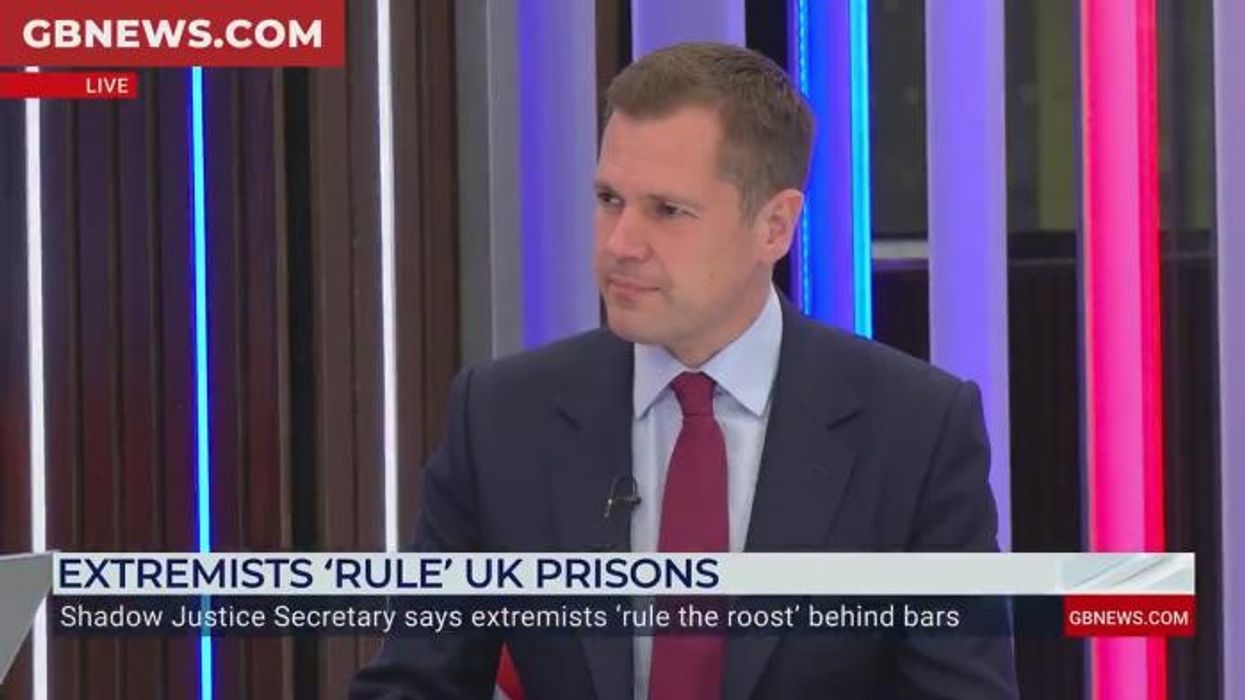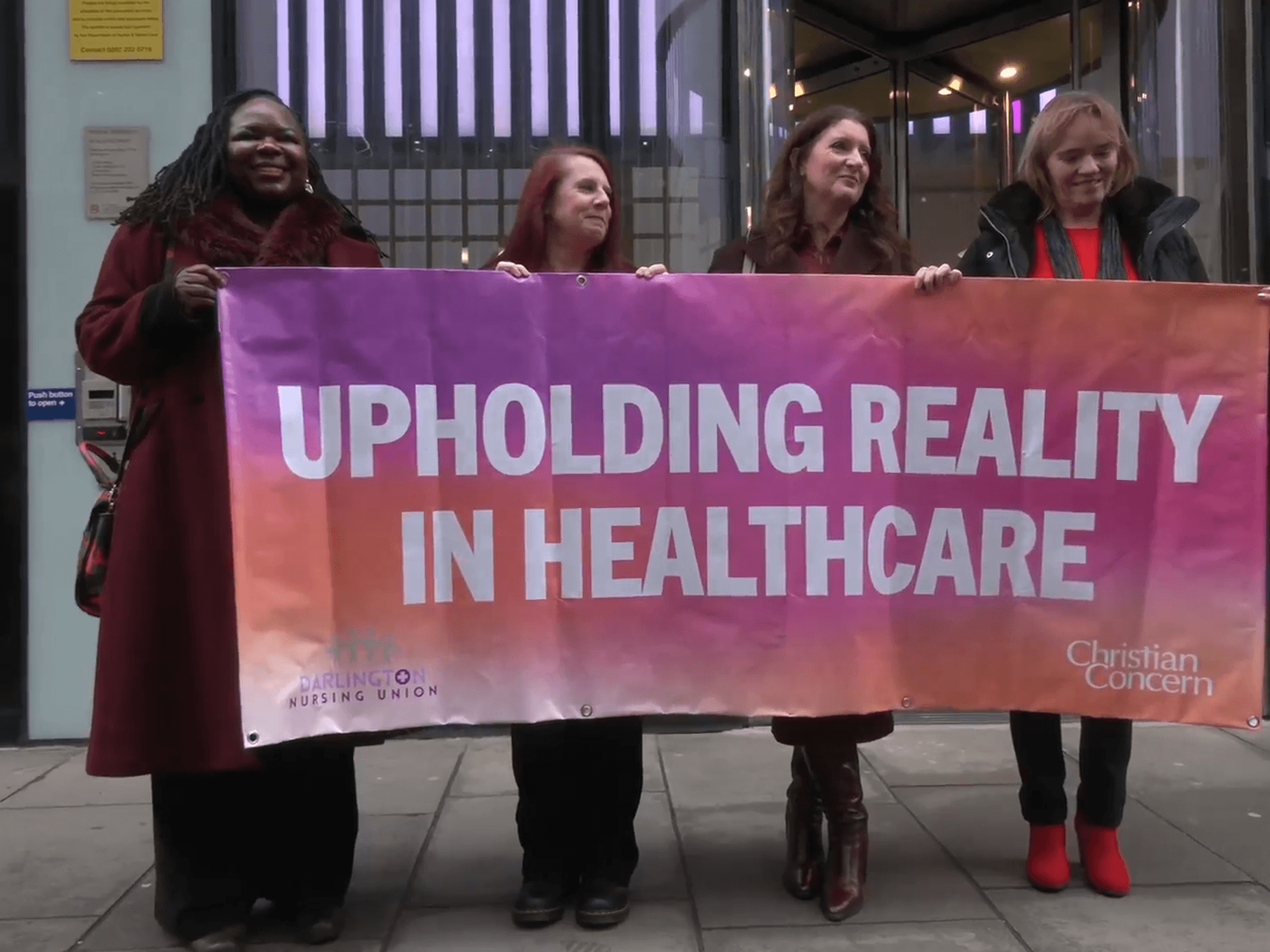Costly new laws to protect UK venues from terror ignore the stark reality of Islamist violence - Colin Brazier
OPINION: Martyn’s Law will do nothing to improve border security or stop Islamists recruiting from jail
Don't Miss
Most Read
Latest
This summer will mark the tenth anniversary of the massacre of 30 British tourists on a beach in Tunisia, murdered by an Islamist gunman in the resort of Sousse.
As a journalist, I wandered around the town after the attack, speaking to some of those who fled for their lives. And, as the roll-call of the dead grew legible, one thing became clearer. This had been an attack, not on UK diplomats or international aid workers or globe-trotting businessmen, but on the folk of middle England, on a rare foray abroad in search of sunshine. Retired couples from places like Blackpool and Bodmin, Leeds and Leicester.
It wasn’t the first time I’d reported from the scene of an atrocity carried out in the name of political Islam. The victims varied. Commuters in Madrid (2004; 191 dead). Shoppers in Nairobi (2013; 68 dead). Concert-goers in Paris (2015; 130 dead). Others besides.
But there was something particularly sadistic, even by the twisted modus operandi of Islamist terror, about a gunman slaughtering women in their sixties and swimsuits, as they dozed on sun loungers.
And there was something heart-rending in the way survivors re-lived their ordeal. No hyperbole. Little in the way of self-pity. I’d seen this kind of uncomplaining stoicism before, in my native city of Bradford, in the wake of the football stadium fire there in the 1980s.
In time, there would be a memorial to the victims of Sousse (it was unveiled in Birmingham in 2019). But, perhaps because of the age and social background of the victims, it was not an atrocity which etched for itself an enduring legacy.
Partly this was simply because of who the victims were. They had been targeted because they were Westerners. Yes, the assailant wanted to undermine Tunisia’s tourism industry. Yes, Islamism has historically also claimed many non-Western lives.
But when Seifeddine Rezgui Yacoubi set out that day in June 2015, hiding his AK-47 inside a beach umbrella, he did so with the intention of killing as many Europeans as possible. He didn’t care who they were. He didn’t care what they’d been. That, in their own way, they were a diverse bunch.
 Costly new laws to protect UK venues from terror ignore the stark reality of Islamist violence - Colin Brazier |
Costly new laws to protect UK venues from terror ignore the stark reality of Islamist violence - Colin Brazier | Getty Images
One had been a prison guard, another had been a care worker. There was a former school caretaker, a long-time lorry driver and a GP receptionist. But not diverse in the way we’ve - pejoratively - come to understand the meaning of that word.
And any appetite on the part of officialdom to memorialise such a crime, as the reluctance to investigate grooming testifies, has to contend with institutional awkwardness about crimes in which all the victims have been targeted (at least partly) by dint of being white.
You will find, over the years, for instance, many more references on Keir Starmer’s X-feed to the murder of black teenager Stephen Lawrence than you will to Fusilier Lee Rigby. The crimes were different, of course. And the Lawrence murder was vile. But so was the bloody killing of a serving British soldier on ‘home soil’. The former spawned an industry of remembrance, the latter not so much.
I thought, at Sousse, that things couldn’t get much worse. But less than two years later, I was on my way to Manchester following reports of an explosion at a music venue. Perhaps it was the targeting of young people. Maybe it was the fact that this was an outrage committed here in England.
Whatever the reason, even though the body count at the Manchester Arena was lower than that seen in Tunisia, there was a sense that something had to be done. Just as the 7/7 attacks in 2005 were seen as a punctuation mark in how we viewed Islamic terror (“the rules of the game are changing”, warned then PM Tony Blair), so the Arena suicide bombing was a seminal moment for the British State.
There were the usual displacement activities, the 'learned helplessness' which has characterised our response to being blown up, stabbed and shot by Islamists. Not just a carpet of teddy bears, flowers and injunctions not to “Look Back In Anger”, but a determination to focus animus on anyone other than the perpetrators. We’ve seen it before. Blame MI5 for missing clues. Blame the police for losing track of suspects. Blame the Prevent program for alienating angry young Muslims.
Over the years, I’d noticed a change. After 9/11 there was an openness about how Islamic extremism was discussed in public. But after a while, the Overton Window - the scope of what was considered acceptable candour - began to shrink. The novelist Martin Amis famously wrote an article for the Observer after the 2001 attacks in New York, which almost certainly wouldn’t be published today.
Slowly, any attempt to wonder out loud whether there was anything within Islam which encouraged expressions of violent jihadism risked denunciation on grounds of that most made-up of words: “Islamophobia”. And so the public fury at being regularly targeted by Islamists (in attacks often described as ‘indiscriminate’ but which were usually anything but), was sent in a new direction.
After the Manchester bombing, simply criticising the authorities for failing to read the minds of Islamist psychopaths wasn’t enough. There were calls for a new law. And last month, that new legislation received Royal Assent.
The Terrorism (Protection of Premises) Act, better known as ‘Martyn’s Law’, is named after one of the Arena bombing victims, Martyn Hett. It will do nothing to improve border security or stop Islamists recruiting from jail (where the Arena suicide bomber’s brother recently attacked prison guards). But it will mean that the organisers of events which attract more than 200 people must now do costly training and paperwork. To prove that they have a plan to deal with a terrorist attack.
The bureaucratic burden, according to the government’s own impact assessment, will affect 100,000 retail and hospitality venues, more than 30,000 places of worship and scores of theme parks and zoos. The total cost for all those involved will run to £1.8billion. Though the government admits the figure could be closer to £5bn.
I salute those activists who have campaigned to bring this law about. They have every right to do so, in the hope of securing a legacy for loved ones. But the State also has a duty to take emotion out of the law and make the law work for everyone. Martyn’s Law is one of 20 so-called ‘Apostrophe Laws’ (giving a new law the name of a person is said to make the public more sympathetic to it) introduced in as many years.
Put simply, Martyn’s Law is a bad law, which has already seen much-loved and long-running events scrapped by organisers who simply can’t face the expense. Many of the venues that will cease trading represent exactly the type of freedom of expression - often involving music and booze, and women - which joyless jihadis detest. By making it harder for these organisers, we indirectly secure Islamism a nihilistic victory it doesn’t deserve.
And the new law will do nothing to stop the arrival of the men of terror. It will do nothing to establish whether those undocumented males entering Britain on small boats are being screened, detained and deported. But it will make a nervous and (pace Southport) angry public believe that something is being done in their name.











